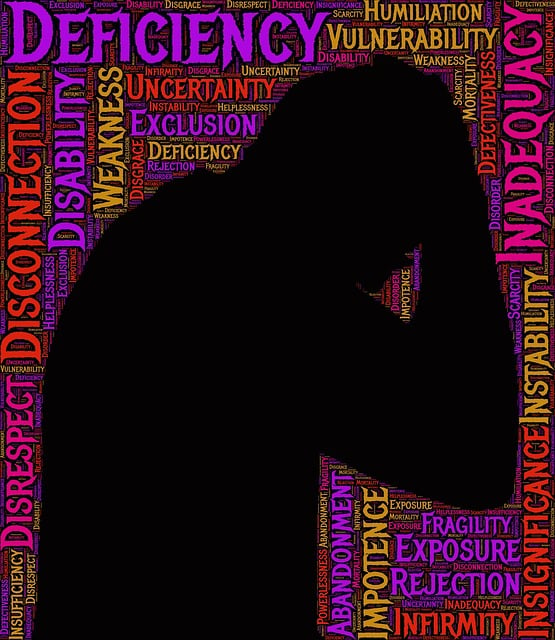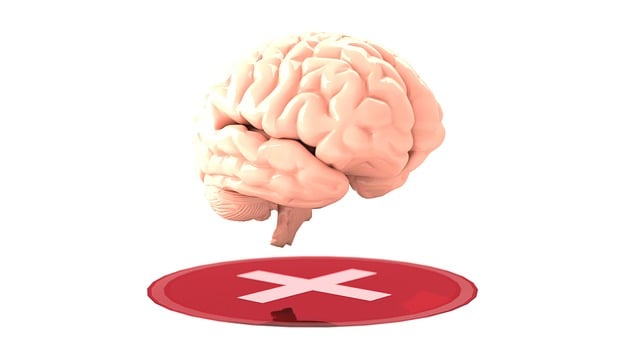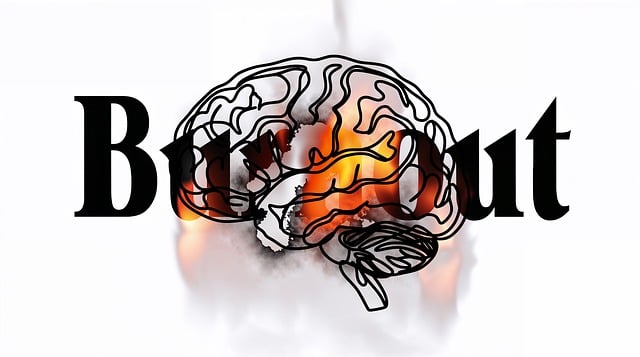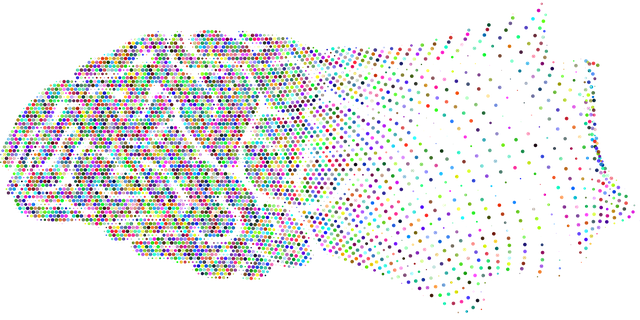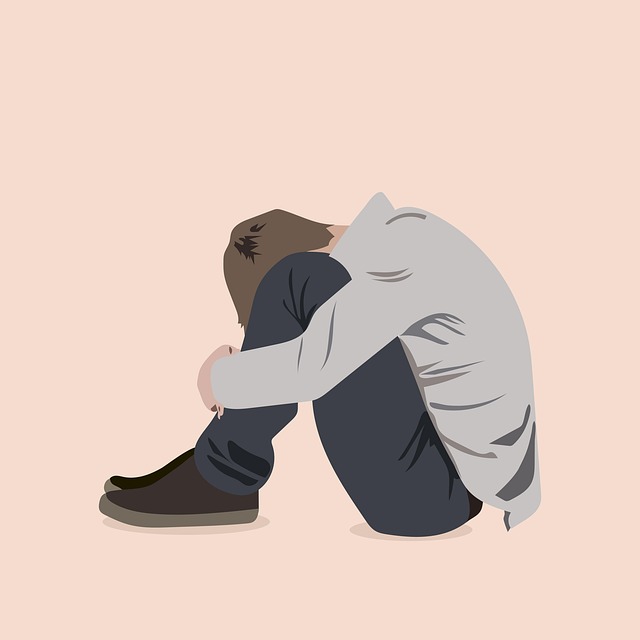Englewood Obsessive Compulsive Disorder (OCD) therapy introduces Recovery-Focused Mental Health (RFM), a transformative approach that goes beyond symptom management. RFM empowers individuals with coping skills and empathy, fostering resilience to reduce anxiety and prevent burnout. This holistic method combines cognitive-behavioral therapy (CBT), exposure and response prevention (ERP), and social skills training, integrating traditional techniques with emotional healing processes. By building emotional intelligence and teaching effective anxiety management, Englewood OCD Therapy challenges stigma and significantly improves patients' quality of life.
“Unraveling the power of Resilience-focused Motivation (RFM) in treating obsessive-compulsive disorder (OCD), this article delves into a therapeutic approach that is transforming lives. We explore how RFM, integrated into Englewood Obsessive Compulsive Disorder Therapy, empowers individuals to overcome OCD symptoms. By combining understanding of RFM with practical resilience building exercises, the article offers insights into effective management strategies. Through compelling case studies, we demonstrate the tangible impact of this innovative therapy, providing hope and guidance for those navigating OCD.”
- Understanding RFM and its Role in OCD Therapy
- Resilience Building Exercises for Effective Management of OCD Symptoms
- Case Studies: Englewood Obsessive Compulsive Disorder Therapy in Action
Understanding RFM and its Role in OCD Therapy

Understanding RFM—or Recovery-Focused Mental Health—is pivotal in the context of Englewood Obsessive Compulsive Disorder (OCD) Therapy. This therapeutic approach prioritizes fostering resilience, promoting recovery, and enhancing overall well-being, rather than merely treating symptoms. By focusing on these aspects, RFM offers a comprehensive strategy to combat OCD and prevent burnout, which is a common challenge among individuals dealing with chronic mental health conditions.
In the realm of OCD Therapy, RFM incorporates effective coping skills development and empathy building strategies, empowering individuals to manage their symptoms and lead fulfilling lives. Through these methods, patients can learn to navigate triggers, reduce anxiety, and develop robust coping mechanisms, ultimately improving their ability to face challenges without succumbing to repetitive behaviors or intrusive thoughts. This approach not only aids in symptom reduction but also contributes to burnout prevention, a critical aspect of long-term mental health management.
Resilience Building Exercises for Effective Management of OCD Symptoms

Resilience building exercises play a pivotal role in managing symptoms of Obsessive Compulsive Disorder (OCD), offering individuals effective coping strategies to navigate their condition. These exercises focus on strengthening emotional healing processes, enabling people with OCD to confront and overcome their compulsions. Through structured activities and crisis intervention guidance, individuals learn to challenge unhelpful thoughts and behaviors, fostering a sense of control over their lives.
Englewood Obsessive Compulsive Disorder Therapy often incorporates resilience-building techniques alongside traditional therapy methods. This holistic approach includes social skills training, encouraging participants to build supportive networks that can provide crisis intervention when needed. By engaging in these exercises, individuals gain valuable tools to manage stress, anxiety, and intrusive thoughts, ultimately improving their overall quality of life and well-being.
Case Studies: Englewood Obsessive Compulsive Disorder Therapy in Action

Englewood Obsessive Compulsive Disorder (OCD) Therapy offers a compelling case study for understanding the power of targeted interventions in mental health treatment. This approach, designed to address OCD specifically, employs a multi-faceted strategy that includes cognitive-behavioral therapy (CBT), exposure and response prevention (ERP), and sometimes medication management. By combining these techniques, therapists help individuals challenge and overcome obsessions and compulsions, ultimately leading to improved quality of life.
The therapy model prioritizes building emotional intelligence by equipping clients with coping mechanisms for managing anxiety. Through gradual exposure to feared stimuli, patients learn to resist the urge to engage in compulsive behaviors, reducing not only OCD symptoms but also the mental illness stigma associated with them. This holistic approach not only provides anxiety relief but empowers individuals to lead more fulfilling lives free from the constraints of OCD.
The integration of RFM and resilience building exercises has proven to be a powerful tool in managing OCD symptoms, as demonstrated by Englewood Obsessive Compulsive Disorder Therapy. By utilizing these techniques, individuals can gain the mental fortitude to navigate obsessive-compulsive challenges, leading to improved quality of life. This holistic approach, combining cognitive strategies with practical exercises, offers a promising path toward overcoming OCD and fostering long-term resilience.

